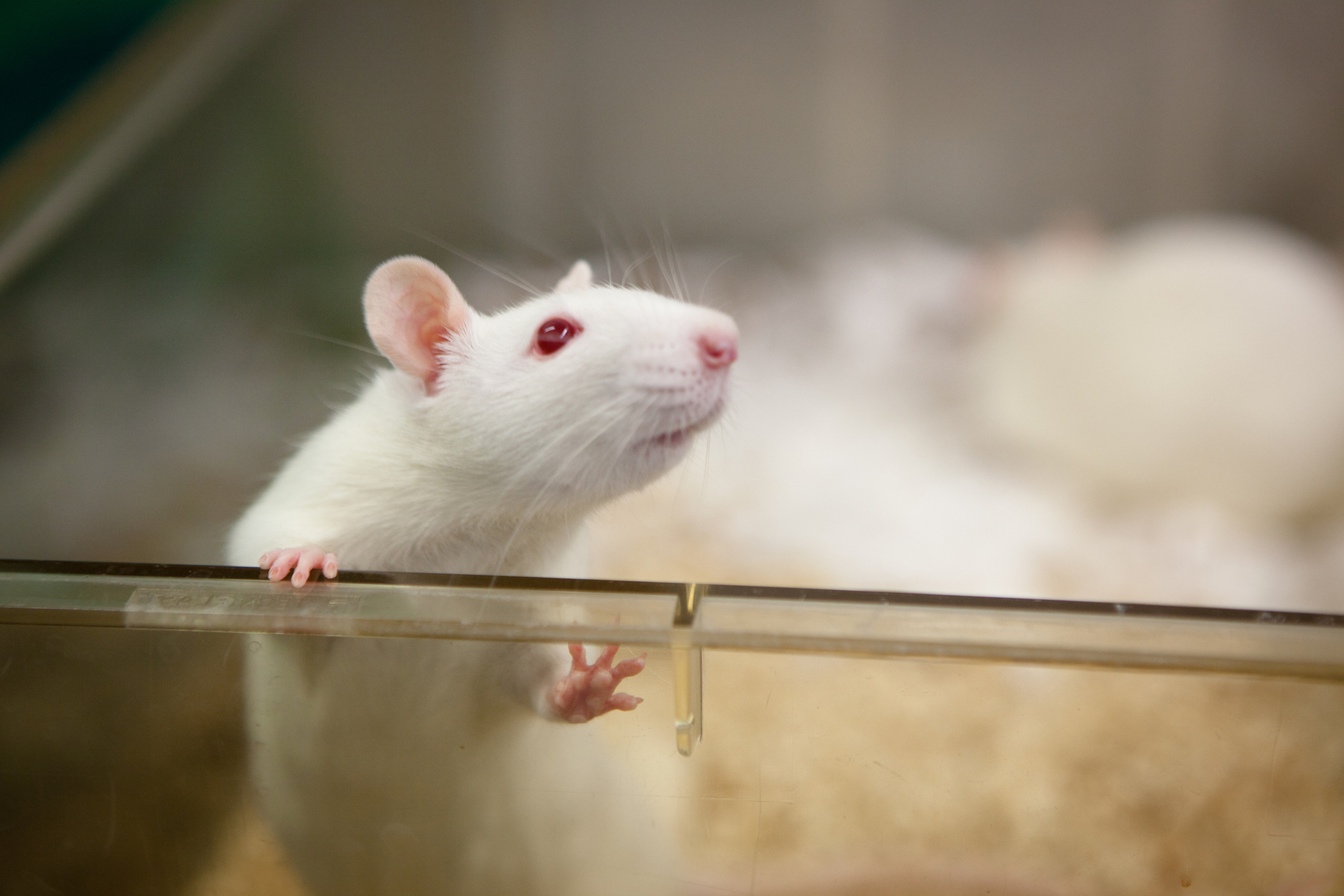The spread of Zika and dengue may be facilitated by a special mechanism by which viruses make infected people and animals more attractive to mosquitoes that carry these infections.
This conclusion was reached by a group of scientists from the Health Center of the University of Connecticut, Tsinghua University in Beijing, the Institute of Infectious Diseases in Shenzhen, the Clinic of Chinese Medicine and Dai Medicine in Ruili County, the Laboratory of Tropical and Subtropical Viral Animal Diseases in Yunnan Province, as well as the Chinese Center for disease control and prevention.
The study is published in the journal Cell.
Both infections are carried by mosquitoes of the genus Aedes.
Scientists have suggested that the causative agents of dengue and Zika fevers may somehow influence the infected organism so that it attracts these mosquitoes.
At the first stage of experiments conducted on animals, scientists found that mosquitoes prefer infected rodents to healthy mice.
Gettyimages.ru
© fotografixx
The scientists then compared the composition of odorous substances on the skin of mice from both groups.
It turned out that on the skin of individuals infected with viruses, an increased concentration of several types of molecules is observed.
The scientists tested them individually and found that mosquitoes were particularly attracted to the smell of acetophenone.
This substance is produced by some bacteria that live on the skin of humans and mice.
Normally, the skin produces special antimicrobial peptides that reduce the number of microorganisms.
However, the production of peptides on the skin of infected dengue or Zika is reduced, which leads to the growth of bacteria and, accordingly, an increase in the smell of acetophenone, the authors of the study found.
“The virus can affect the skin microbiome of an infected organism in such a way as to attract more mosquitoes and spread faster,” said one of the participants in the work, an immunologist at the University of Connecticut Health Center Wang Penghua.
The findings help to understand how mosquito-borne viruses survive and spread in nature, the scientists say.
The researchers also proposed a drug that could reduce the attractiveness of Zika and dengue infected insects to blood-sucking insects.
Sick mice were given the substance isotretinoin, which increases the production of antibacterial peptides by the skin.
Medically, isotretinoin is used to treat acne.
The authors of the study were able to establish that the mice that received the drug excreted less acetophenone, which reduced their attractiveness to virus-carrying mosquitoes.
The scientists intend to analyze data from Zika and dengue patients to make sure that the findings in the laboratory apply to real conditions.
Dengue virus in the blood
Gettyimages.ru
© KATERYNA KON/SCIENCE PHOTO LIBRARY
Recall that the dengue virus causes a flu-like illness in humans, which can sometimes lead to deadly symptoms.
There is no specific therapy against the infection, but timely medical care can reduce the risk of death to below 1%.
WHO estimates that about half a million people around the world need hospitalization with severe dengue each year.
Most are children, of whom about 2.5% die.
Prevention of the disease includes measures to control the carriers of the virus, and there are also special vaccines.
Signs of the Zika virus may include fever, rash, conjunctivitis, muscle and joint pain, general malaise, or headache.
Although most people who become infected do not develop symptoms, the virus is dangerous for pregnant women - it can lead to the birth of children with microcephaly and other malformations.

